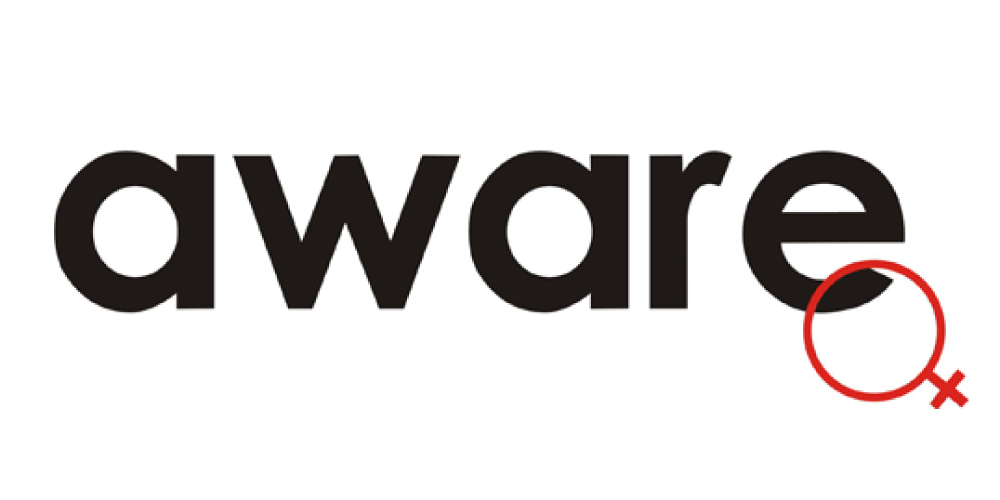Following AWARE Singapore’s (AWARE) two statements which, among other things, called on Viswa Sadasivan (Sadasivan)—who is a former Nominated Member of Parliament and current host of the National University of Singapore Society’s (NUSS) Inconvenient Questions (IQ) web series—to make a “full and unreserved apology” to Sharul Channa (Sharul) and Kiran Kandade’s (Kiran) for instances of sexual harassment by him towards the two women, Sadasivan has replied on Facebook that he, among other things, did not accept AWARES’s “characterisation of (his) conduct”.
He further stated that he was of the opinion that he had already apologised adequately to both women noting that he had apologised privately via email to Ms Kandade because he “believe(s) she needed to hear directly from [him] and not via social media.”
He went on, “As for Ms Channa, I had sent her a full statement of ‘unconditional apology’ by email on Thursday 4 February. This was done within minutes of finding out that she was upset by my statement. It also acknowledged and respected her wish not to air the interview,” adding, “I meant everything I said.”
Sadasivan further stated that he did “not believe that issues such as this can ever be resolved effectively on social media”.
For those unaware, the controversy erupted when Sharul made a Facebook post about how Sadasivan made sexual innuendos directed at her during an interview for IQ over zoom. Since Sharul’s revelations on Facebook, Kiran has also stepped up to reveal her own experiences with the former NMP, showing screenshots of a WhatsApp conversation for several years ago when he had asked her for a kiss when she was trying to seek training/consultancy work from him.
This resulted in two statements issued by AWARE on 7 Feb and 11 Feb and now, Sadasivan’s statement (above).
AWARE has now responded to Sadasivan’s statement, explaining unequivocally what constitutes “workplace harassment”.
Among other things, it said that “workplace sexual harassment is defined by the UN Convention on the Elimination of All Forms of Discrimination against Women (CEDAW, which Singapore signed in 1995) as “unwelcome sexually determined behaviour as physical contact and advances, sexually coloured remarks, showing pornography and sexual demand, whether by words or actions.”
“Such conduct can be humiliating and may constitute a health and safety problem… it is discriminatory when the woman has reasonable grounds to believe that her objection would disadvantage her in connection with her employment, including recruitment or promotion, or when it creates a hostile working environment”, said the organisation. This would have applied to how Sadasivan had conducted himself with Sharul and Kiran.
Further, AWARE was of the opinion that this case was a public interest case which was why it has been made public instead of private.
“Given the public interest in this case, we would like to address the inaccurate assertions about workplace sexual harassment set out in Viswa’s statement. Unfortunately, Viswa’s misinformed views about workplace sexual harassment are not uncommon, so this provides an excellent opportunity to explain how workplace sexual harassment is determined.”
The organisation went on to stress the how intent is “immaterial in establishing whether or not certain behaviours constitute harassment”.
This is a direct response to Sadasivan’s statement when he said, “The situation must be fairly assessed, also taking into account factors such as intent and context.”
AWARE noted that by the global standard definitions of sexual harassment, “The determinant is, instead, whether the victim was offended or distressed by the statement and whether that response was reasonable. (Intention can come into play but as a mitigating factor in deciding a perpetrator’s punishment.)”
It continued, “Accordingly, we do not believe that Viswa has solid ground for denying that his behavior constituted sexual harassment. In Sharul’s case, he said he understood that Sharul might have seen it in the way she did, indicating that he thought it was a reasonable reaction. In Kiran’s case, he belatedly apologised to her.”
The organisation also addressed the role of social media in addressing cases of sexual harassment and Sadasivan’s remark that he doesn’t thing issues like this can be resolved effectively on social media.
AWARE noted that privately addressing allegations of harassment doesn’t always work in the victims favour as “entrenched systems are easily employed to silence, discredit and dismiss them”, adding that private resolutions can be very “isolating” for victims.
It went on to point out that social media disclosures are also risky as it leaves victims open to victim-blaming and harassment, as evidenced by what Sharul and Kiran have had to face since going public with their stories.
“Victims don’t make the decision to go public on a whim,” AWARE stressed, adding “We should not, therefore, be dismissive of social media as a channel for dialogue and justice—it is often the only recourse available.”
It explained, “This case also shows the need for more non-criminal channels to report workplace harassment. Freelancers like Sharul and Kiran do not have access to unions or government bodies like TAFEP to report to. Accessible channels would reduce the need to resort to social media.”







